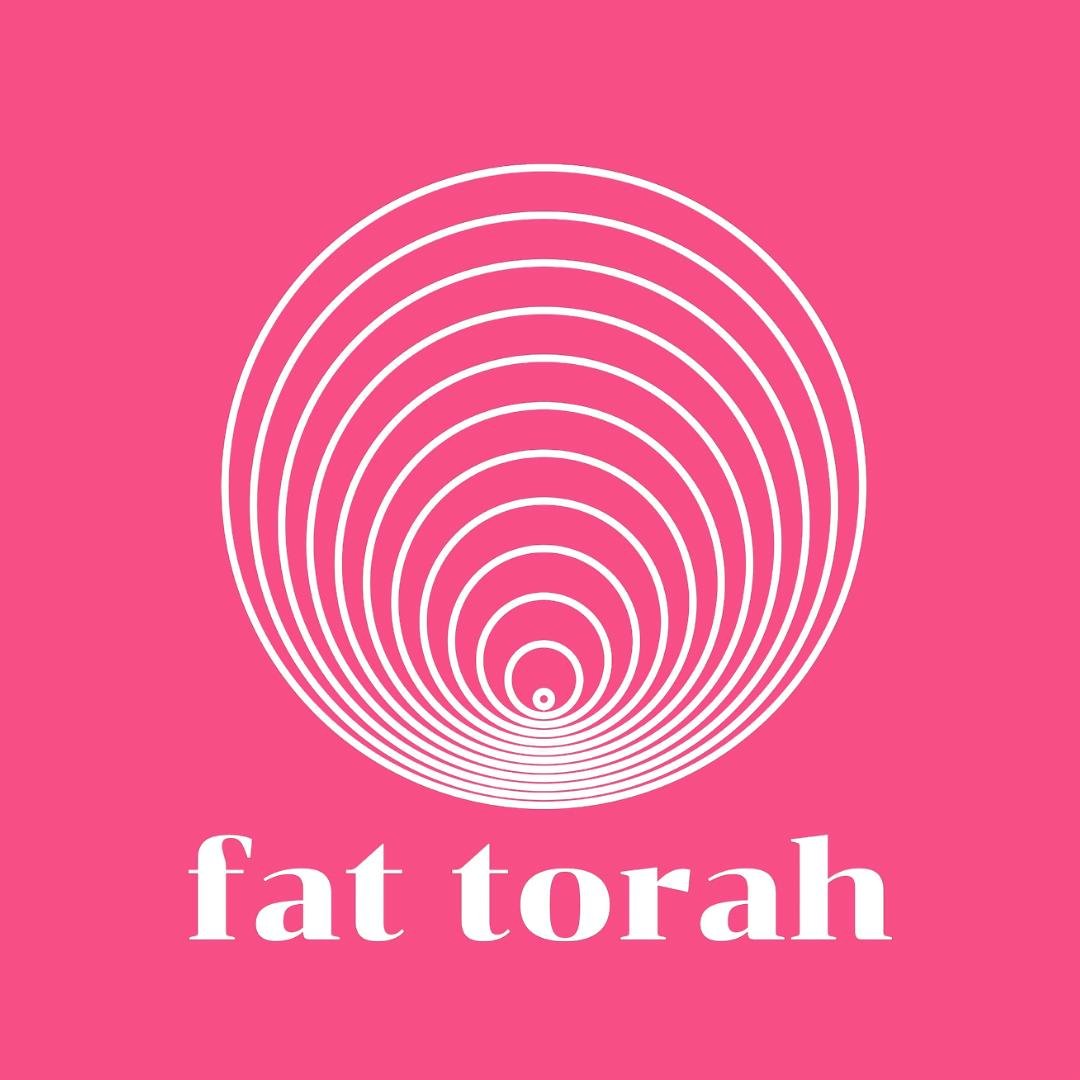I Would Rather Die
It was a few years into my own journey of body liberation and fat activism (all of which I look forward to telling you more about in future posts) and I was visiting the West Coast. I was staying with a family friend whom I'd known all my life. We were in those moments of arrival when I had entered the house but not yet been taken to the room where I'd been staying. I was sitting on a comfortable couch, but not entirely comfortable -- both nervous and excited to be catching up. But I slowly started to feel like I was being interviewed. It became clear that my hostess was asking me about my size under the guise (the eternal guise!) of "being concerned about my health."
It became clear that my hostess was asking me about my size under the guise (the eternal guise!) of "being concerned about my health."
I went a few rounds with her trying to explain that I took a non-dieting approach to health and feeling like I needed to be a cheerful ambassador from the strange country of accepting my body as it is. But she seemed intent on continuing the conversation, perhaps thinking she could wear me out so that I'd agree with her. I started wondering when (or now perhaps "if") my luggage and I would be shown to a room with a door that closed. Suddenly I found myself re-upping my smile and saying, "I would rather die young than spend another day on a diet."
What made me say this and what did it mean? Was it true then? Is it still true now? And, by the way, just how old does a fat person have to be, and what do we have to die of, so that our death will not be blamed on our size?
I believe that she believed that she really was “concerned for my health.” And I want to break this down into two parts: concern/caring and health. In the coming weeks, we’ll take a deeper dive into the realm of fatness, stigma, and health. We’ll look at what health is and what it means to pursue it. And I’ll also lay out the difference between health and healthism and make my claim that the latter is idolatry. But first I want to talk about concern and caring, or more specifically, not actually caring. Let’s call this “un-caring.”
From strangers on the street, to friends and family members, to doctors, it’s easy, as a fat person, to feel surrounded by people claiming to care about me without ever feeling actually cared for. This un-caring becomes all the more clear as soon as I try to set a boundary and end the conversation -- which was, clearly, my main goal in blurting out that “I would rather die young.” In this case, my boundary-setting worked and the conversation ended. But too often, people who know that I do not wish to discuss my size or my health with them will try to skirt this boundary, speaking instead to my husband, or my parents (still!) about my size. And I am sure it is only a matter of time before people start discussing my body and their “concerns” with my children as well.
When people are un-caring they care much more about delivering their own message and proving their own rightness than they do about me or my health. I once had a physician frown in dismay when the blood tests she ordered for me came back normal. “You know,” she told me, “you probably have a fatty liver. Let’s test your liver function. Hopefully that will convince you to lose weight.” Anyone who truly cared about me would hope (as I did) that my liver was functioning normally. This caregiver genuinely hoped that it was not, so that she could convince me that she was right and that, when it came to having a body, I was clearly doing it wrong.
When we are un-caring, we don’t see the actual person, we see our own concerns (often completely inseparable from societal “concerns” and stigma) projected onto our perception of that person. I once wrote after a different doctor’s visit that I could feel the doctor’s own hatred of her body “projected on the broad screen of my chest.” I felt I was “infected by her fear.” The most twisted version of this kind of un-caring, or concern trolling, is when people who purport to care about us tell us that they accept us as we are, but they are scared or saddened that other people won’t.
In the face of this un-caring, it’s understandable that my statement that “I would rather die young….” was primarily meant to end the conversation. I was saying, in effect, that my body and my health were none of her business (Lizzo, unsurprisingly, says this better than I).
But I want to take a step back and frame this a bit differently. Boundaries and privacy are important, but what if, in the context of a purportedly caring community, my health could actually be your business? What might it look like if what needs to change is not whether we pay attention to one another’s bodies, but the quality of that attention. What would true concern and caring be and how would it be conveyed?
Tune in next week when we talk about what true caring looks and feels like, possibly with the help of Emmanuel Levinas and/or my husband.
If you are appreciating Fat Torah:
Be sure you're signed up to receive behind-the-scenes updates (just click on "sign up" in the upper righthand corner of the screen).
Invite others to join us on this journey by sharing on your favorite social media.
Make a tax-deductible donation to support our work (fat torah is a project of The Nest: HaKen Institute, a 501c3 organization dedicated to fostering a caring approach to lifelong learning for Jewish professionals and lay leaders through training, mentorship, and research in the areas of prayer, leadership, and pastoral care).

